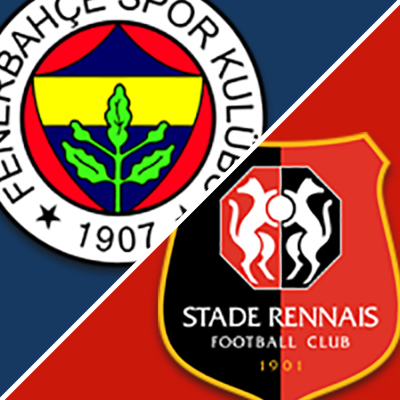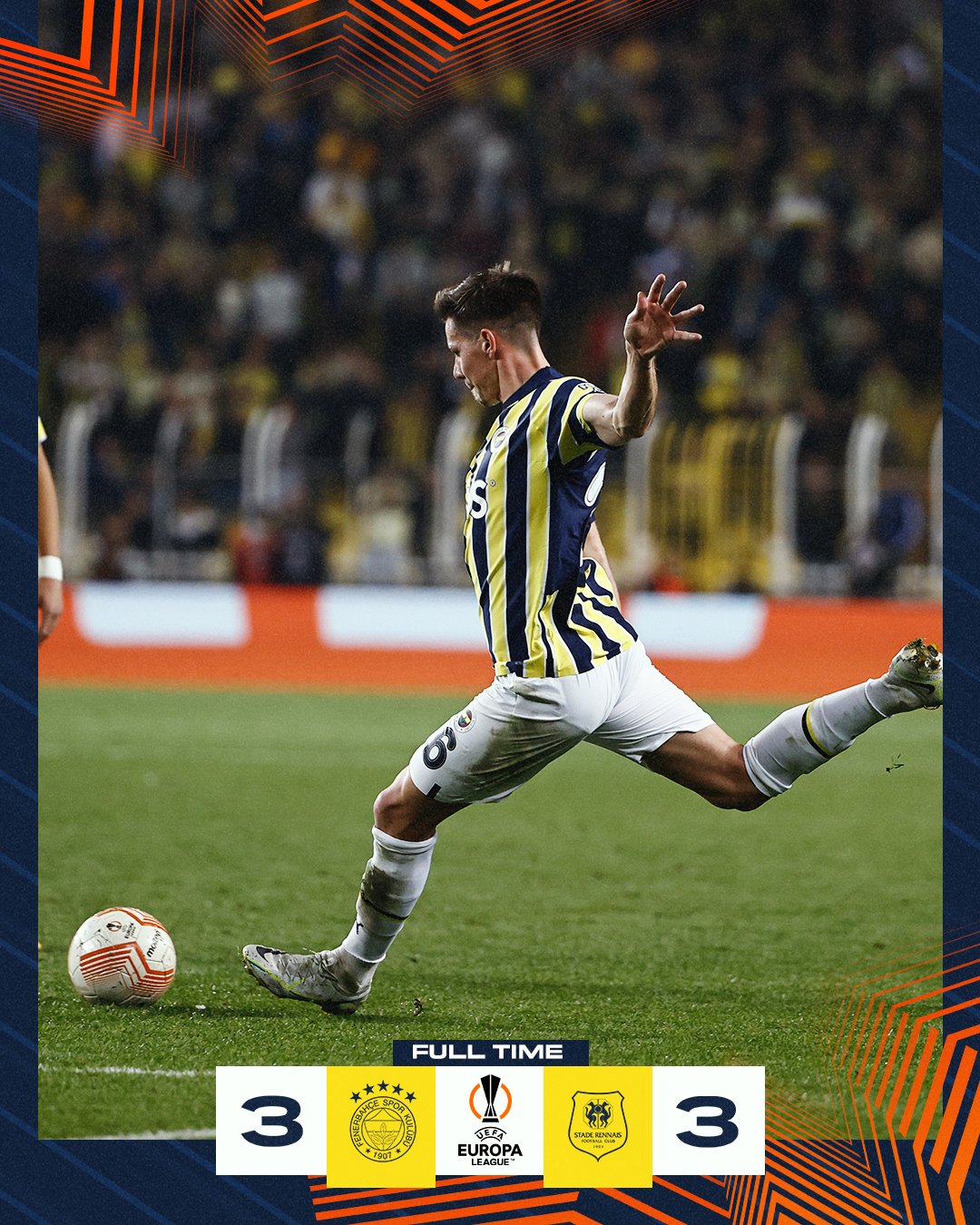The Rivalry Between Besiktas and Fenerbahce: A Clash of Titans
Por um escritor misterioso
publicado em dezembro/22/2024

Explore the intense rivalry between Turkish football clubs Besiktas and Fenerbahce, two powerhouses that have dominated the country's football scene for decades.

Besiktas J.K., commonly known as just Besiktas, was founded in 1903 and is one of Istanbul's oldest sports clubs. Fenerbahce S.K., on the other hand, was established a year later in 1904. Both teams have enjoyed immense success over the years, winning numerous domestic titles and leaving an indelible mark on Turkish football.
Matches between Besiktas and Fenerbahce are often referred to as "The Intercontinental Derby" due to both teams' fan bases spanning continents. The atmosphere during these encounters is electric, with supporters creating a wall of noise that reverberates throughout the stadium.
One reason behind this fierce rivalry is geographical proximity. Both clubs hail from Istanbul, Turkey's largest city, which has historically been divided along various fault lines – including football allegiances. Fans from each club take great pride in representing their side within this context.
Another factor contributing to this intense rivalry is political symbolism. Historically speaking, both Besiktas and Fenerbahce have attracted support from different segments of society with differing political leanings. This has further fueled tensions between fans over time.
The matches themselves are fiercely contested affairs where emotions run high on both sides. Players give their all on the pitch, leaving no stone unturned in their pursuit of victory. The intensity often spills over into the stands, with passionate fans engaging in vocal displays of support and occasionally crossing the line into hooliganism.
Throughout the years, there have been many memorable clashes between these two giants of Turkish football. One such iconic match took place in 2007 when Besiktas defeated Fenerbahce 2-1 at their home ground, Vodafone Park. The win not only secured the league title for Besiktas but also marked a turning point in their rivalry with Fenerbahce.
Off the field, both clubs have had a significant impact on Turkish football as a whole. They have produced numerous talented players who have gone on to represent Turkey at international competitions and even ply their trade abroad. Their fierce competition has pushed each other to raise their standards and become more competitive domestically.
In recent years, however, financial constraints and changes in leadership have affected both clubs' ability to maintain their dominance consistently. As new powers emerge within Turkish football, such as Galatasaray and Trabzonspor, Besiktas and Fenerbahce find themselves facing fresh challenges from all sides.
Despite these obstacles, one thing remains certain – whenever Besiktas faces off against Fenerbahce on the pitch, it is bound to be an enthralling encounter that captures the imagination of millions across Turkey. The rivalry between these two giants is etched deep within the fabric of Turkish football history.


/i.s3.glbimg.com/v1/AUTH_bc8228b6673f488aa253bbcb03c80ec5/internal_photos/bs/2022/d/v/X6LGlMSCyekdrunnBnXA/whatsapp-image-2022-07-25-at-17.05.54.jpeg)

Fenerbahce and Rennes Draw
When it comes to Turkish football, few rivalries can match the intensity and passion displayed in matches between Besiktas and Fenerbahce. These two historic clubs have been at loggerheads for decades, vying for supremacy on the pitch and in the hearts of their passionate fans.Besiktas J.K., commonly known as just Besiktas, was founded in 1903 and is one of Istanbul's oldest sports clubs. Fenerbahce S.K., on the other hand, was established a year later in 1904. Both teams have enjoyed immense success over the years, winning numerous domestic titles and leaving an indelible mark on Turkish football.
Matches between Besiktas and Fenerbahce are often referred to as "The Intercontinental Derby" due to both teams' fan bases spanning continents. The atmosphere during these encounters is electric, with supporters creating a wall of noise that reverberates throughout the stadium.
One reason behind this fierce rivalry is geographical proximity. Both clubs hail from Istanbul, Turkey's largest city, which has historically been divided along various fault lines – including football allegiances. Fans from each club take great pride in representing their side within this context.
Another factor contributing to this intense rivalry is political symbolism. Historically speaking, both Besiktas and Fenerbahce have attracted support from different segments of society with differing political leanings. This has further fueled tensions between fans over time.
The matches themselves are fiercely contested affairs where emotions run high on both sides. Players give their all on the pitch, leaving no stone unturned in their pursuit of victory. The intensity often spills over into the stands, with passionate fans engaging in vocal displays of support and occasionally crossing the line into hooliganism.
Throughout the years, there have been many memorable clashes between these two giants of Turkish football. One such iconic match took place in 2007 when Besiktas defeated Fenerbahce 2-1 at their home ground, Vodafone Park. The win not only secured the league title for Besiktas but also marked a turning point in their rivalry with Fenerbahce.
Off the field, both clubs have had a significant impact on Turkish football as a whole. They have produced numerous talented players who have gone on to represent Turkey at international competitions and even ply their trade abroad. Their fierce competition has pushed each other to raise their standards and become more competitive domestically.
In recent years, however, financial constraints and changes in leadership have affected both clubs' ability to maintain their dominance consistently. As new powers emerge within Turkish football, such as Galatasaray and Trabzonspor, Besiktas and Fenerbahce find themselves facing fresh challenges from all sides.
Despite these obstacles, one thing remains certain – whenever Besiktas faces off against Fenerbahce on the pitch, it is bound to be an enthralling encounter that captures the imagination of millions across Turkey. The rivalry between these two giants is etched deep within the fabric of Turkish football history.

Brasil x Gana: Seleção vence por 3x0 com dois de Richarlison; veja os lances

Fenerbahçe SK on X: MS Fenerbahçe 3-3 Rennes #FBvREN / X
/i.s3.glbimg.com/v1/AUTH_bc8228b6673f488aa253bbcb03c80ec5/internal_photos/bs/2022/d/v/X6LGlMSCyekdrunnBnXA/whatsapp-image-2022-07-25-at-17.05.54.jpeg)